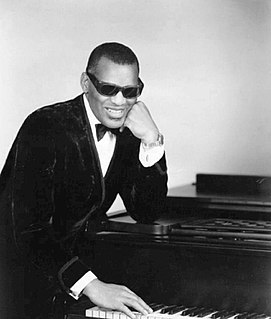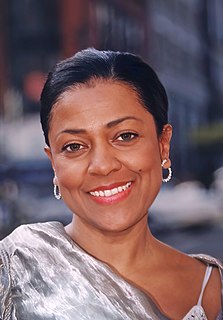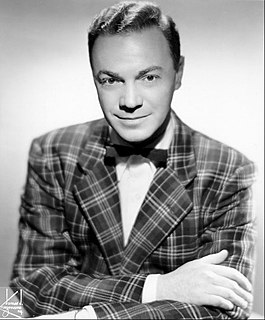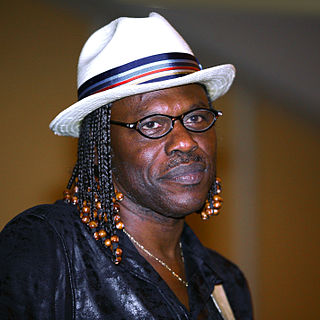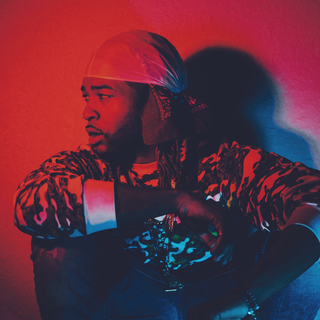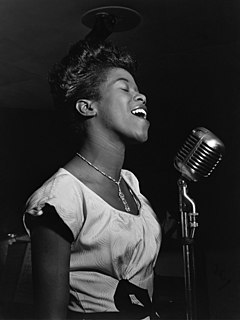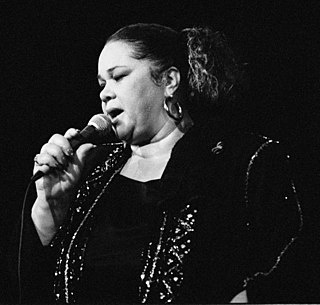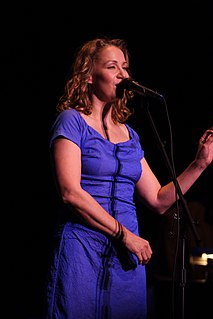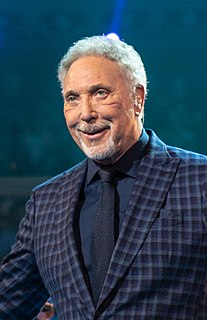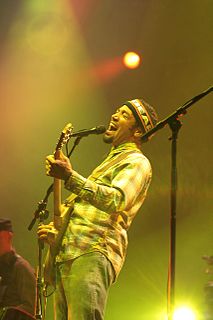A Quote by Ray Charles
Rhythm and blues used to be called race music. ... This music was going on for years, but nobody paid any attention to it.
Related Quotes
Nowadays blues in particular has a wide, wide, wide, wide net of everything that's called blues. I think if somebody's coming to it in the last ten years or whatever, or even fifteen years, what their experience is what is called blues is different from mine. I have to expand my range of what's been called the blues. I think somebody who's new to it would have to go back and to see what is called blues now, where it came from. If that makes sense.
I'm going to make the music I make regardless and it's always going to be driven by rhythm and blues and hopefully it becomes popular. But I don't cater to, like, 'OK, I want to make music that's going to fit in this pop world or go on the charts, etcetera, etcetera.' Hopefully, enough people like it so it becomes popular.
I don't know why people call me a jazz singer, though I guess people associate me with jazz because I was raised in it, from way back. I'm not putting jazz down, but I'm not a jazz singer...I've recorded all kinds of music, but (to them) I'm either a jazz singer or a blues singer. I can't sing a blues – just a right-out blues – but I can put the blues in whatever I sing. I might sing 'Send In the Clowns' and I might stick a little bluesy part in it, or any song. What I want to do, music-wise, is all kinds of music that I like, and I like all kinds of music.
If you listen to soul music, or R&B music, or Blues music, a lot of that came from church music and spiritual music, and music has always been a really really powerful tool that people have used to get them closer to God - whatever they define God as. And for me that's always been part of what drew me to it and keeps me coming back for more.
We are all human, and we are all able to listen to music that we cannot understand. I used to listen to English music like Notorious B.I.G., and I didn't know what he's talking about in all of his tracks, but I'm a fan. It's rhythm and a groove that makes me dance, so I'm convinced that my music can work in the U.S.
